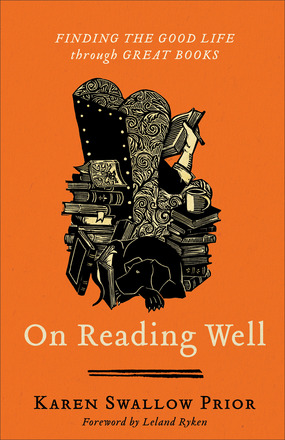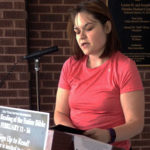I am leading study tours in Israel and Egypt as you read this column. In preparing for our trip, I was researching Middle Eastern culture and politics when this statement stopped me cold:
“Arabs and Muslims are victims of an imperialist-Zionist conspiracy aided by reactionary regimes in the Arab world. It has as its goal keeping the Arabs and Muslims backward in order to exploit their oil riches and prevent them from becoming as strong as they used to be in the Middle Ages—because that is dangerous for Israel and Western interests.”
This is the “meta-narrative” which drives a wedge between the West and Islam and leads radical Muslims into terrorism, according to Lahcen Haddad, a political scientist at Rabat University in Morocco. Thomas Friedman’s recent New York Times column on the Middle East quotes Haddad and calls for Americans to build an “alternative story based on responsibility, modernization, Islamic reformation and cross-cultural dialogue.”
Reading Friedman, I was motivated to learn more about the Muslim view of world history. I found a remarkable guide in Tamim Ansary’s Destiny Disrupted: a history of the world through Islamic eyes.
Ansary grew up in Afghanistan, where his father taught science and literature while his American mother taught English. He moved to America as a student and became one of the finest writers I’ve read in years.
Here are some insights I noted in reading world history through Muslim eyes:
• The Middle “East” is only “east” if you’re in Europe and America. A less Western-centric name is the Middle World—situated between the Mediterranean world and the Chinese world.
• Islam is a global community—the “Umma”—not an enculturated religion. Said differently, the world of Islam is a religion of nations, not nations with religions. As a result, the Palestinian issue affects and motivates Muslims everywhere, including those outside the Arab world.
• The military victories which marked Islam’s early expansion were believed to be miraculous proof of divine sanction, similar to the Exodus for Israel and the Resurrection for Christians. The decline of Islam as a military power in recent centuries has been interpreted by radical Muslims as divine judgment on their people for allegedly submitting to Western culture and political alliances.
• “Shari’a,” often called “Muslim law” in the West, encompasses all of Islamic life as the revelation and will of Allah. Radical Muslims therefore reject democracy—the laws of men—for the revealed laws of God.
• Medieval Muslims invented algebra, laid the foundations of chemistry as a discipline and created the best hospitals the world had ever seen. While Europe was suffering through its Dark Ages, Muslim scholars were reading Aristotle and building a progressive society.
• Turkish invasions, followed by Christian Crusaders (1095-1291), were devastating to the Arab Islamic world. Radical Muslims blame the West for subjugating their culture, leading to the meta-narrative Haddad describes.
What does all of this mean for Christians concerned about the Muslim world and the “war on terror”? Friedman is right: cross-cultural dialogue is essential. Reading Ansary is a good place for Western Christians to begin.
James C. Denison is president of the Center for Informed Faith and theologian-in-residence with the Baptist General Convention of Texas.
Sign up for our weekly edition and get all our headlines in your inbox on Thursdays














We seek to connect God’s story and God’s people around the world. To learn more about God’s story, click here.
Send comments and feedback to Eric Black, our editor. For comments to be published, please specify “letter to the editor.” Maximum length for publication is 300 words.